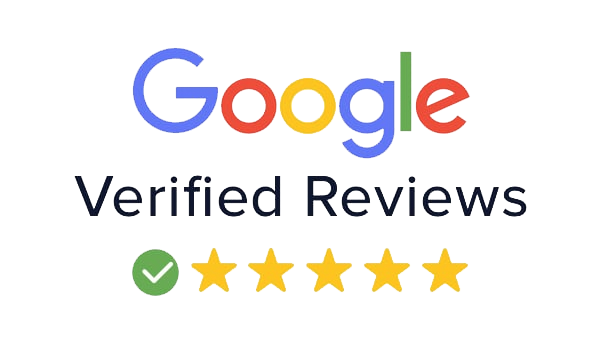If You’re Going to Die, You Need an Estate Plan
If you switch the term “estate” for “stuff,” maybe you will have a better idea of why you need to have an estate plan. If you switch the term “estate” for what is really the most important thing in your life, “family,” then maybe you will have a better idea of why you need to have a total Family Protection Plan. It is so you can have a legally enforceable plan for you, your family and your stuff. Estate & Family Protection planning is not just for millionaires and billionaires, says the Hawaii Reporter in the article “Wills and Trusts for the Rest of Us.” After all, it is not just millionaires and billionaires who die.
There are questions that everyone needs to have an answer to:
- Who do I want to make medical and financial decisions for me, when I can no longer do so for myself?
- Who do I want to care for my minor children or my dependent elderly parents, when I am gone?
- Who do I want to have my earthly possessions, no matter how many or how few?
Even if all you have is a car and some furniture, you will want to decide who gets those and not leave it up to a stranger.
Having a will properly prepared by an estate planning attorney, is one of the most important things you can do as a parent. If you have dependents, whether they are children or adults, you need to have a plan in place for their care, in the event you pass away before they do. That plan is the most basic part of an estate plan: a will.
Without it, your dependents could become wards of the state. The state or the courts will decide what happens to your children or adult dependents. This also opens up the door for possible family fights – especially if your dependents are inheriting something.
Trusts are not just for rich kids. A revocable living trust is a document used as a secure and easy way to have your “stuff” move from you to your beneficiaries, without them having to be subject to probate. With a trust, you get to decide who gets what through the trust, and can even control when they receive an inheritance. You can make the distribution dependent upon completing an important task, like finishing college, or reaching a certain age. You can limit funds to irresponsible children and a properly drafted trust can also help avoid guardianship during your life if you were to become incapacitated. In essence, a trust privatizes your life and helps keep the courts and government out of your life.
A home, car, jewelry, collectibles, and furniture can also be placed in a trust, with an heir named as the beneficiary of that trust. Everything you own can be held in trust or caught by the trust upon death, even life insurance proceeds. You can continue to use all of the things that are in a trust, while you are living, and upon death, whatever is placed in a trust will be transfer to the people you name as beneficiaries of the trust, without court involvement.
For financial decisions, everyone over the age of 18 needs a Power of Attorney designating a person to make financial decisions for them, in case of incapacity. For medical decisions, you should have a healthcare Power of Attorney. You should also have a document stating your wishes, in the case of a critical illness or injury that clarifies what kind of end-of-life care you want. This is known as a Living Will in some states, an Advance Directive in others and a Directive to Physicians in Texas.
An estate planning attorney can help you create a plan outlining what you want to happen in the case of incapacity and in the case of death. A total Family Protection Plan provides comprehensive coverage for you, your family and your stuff in the event of the unexpected (incapacitation, disability or serious illness/injury) as well as the inevitable (death). One is reasonably likely to occur and the other is a definite. Being prepared is the best thing you can do for yourself and your loved ones, no matter how much “stuff” you have.
Reference: Hawaii Reporter (September 28, 2019) “Wills and Trusts for the Rest of Us.”


